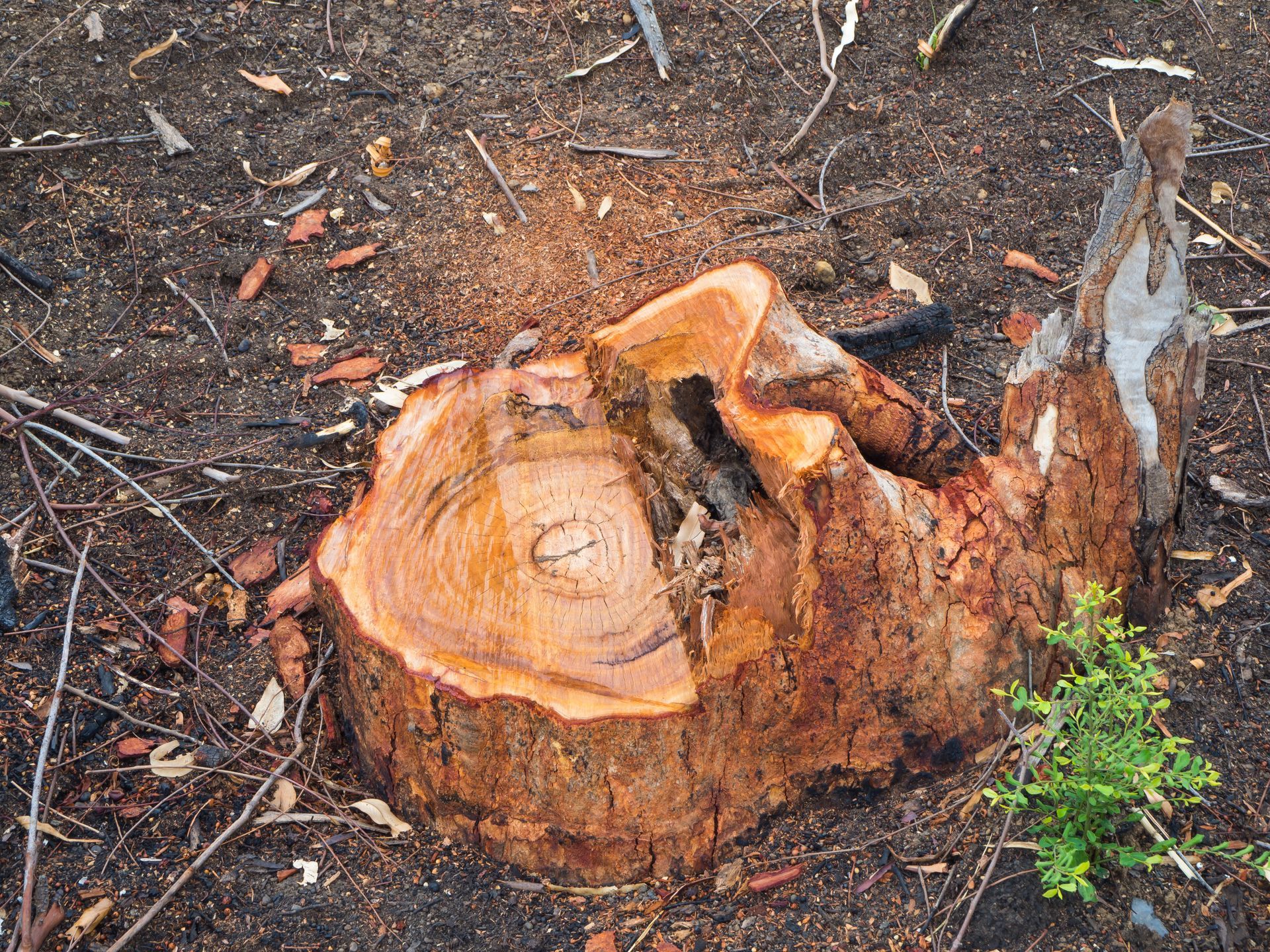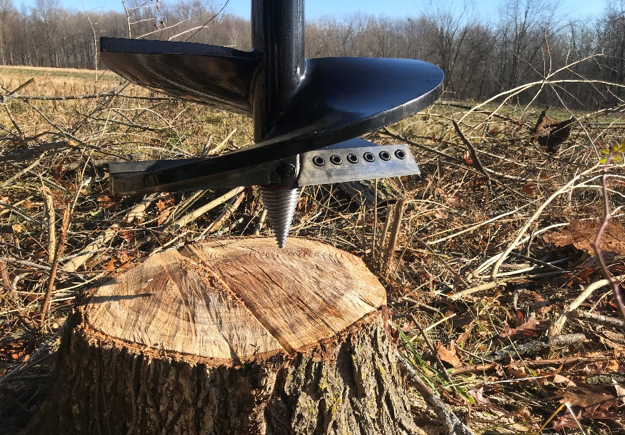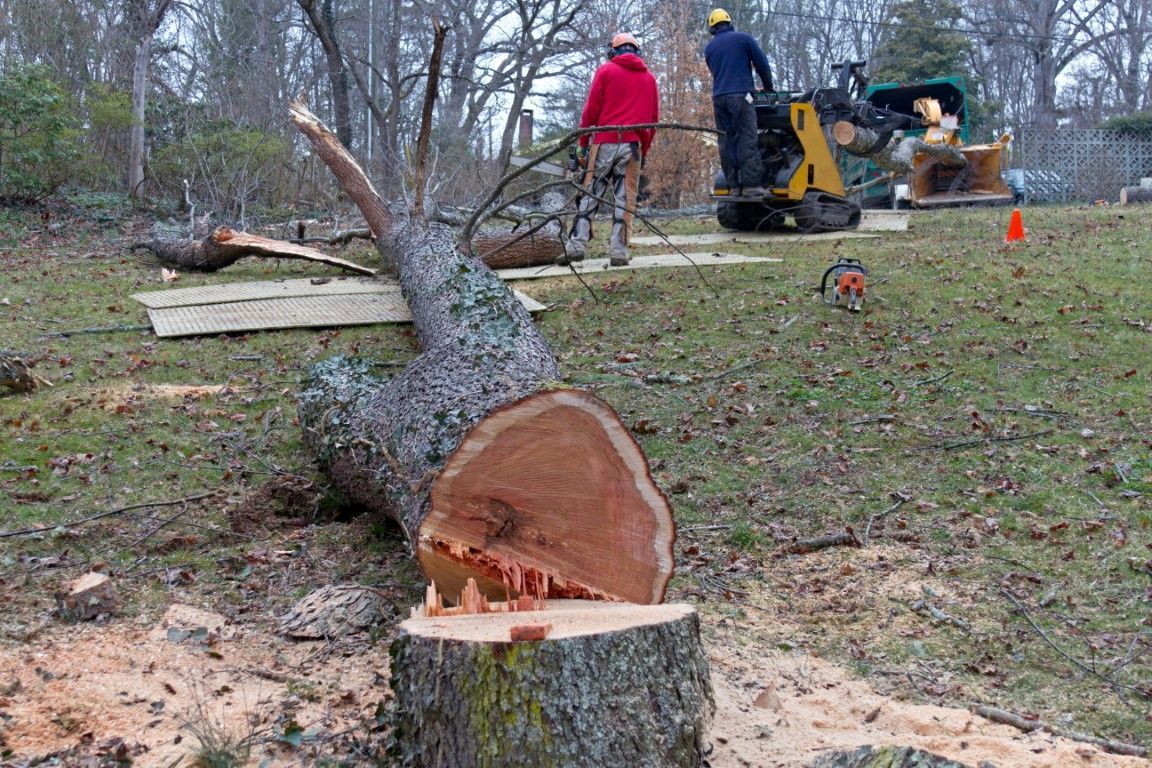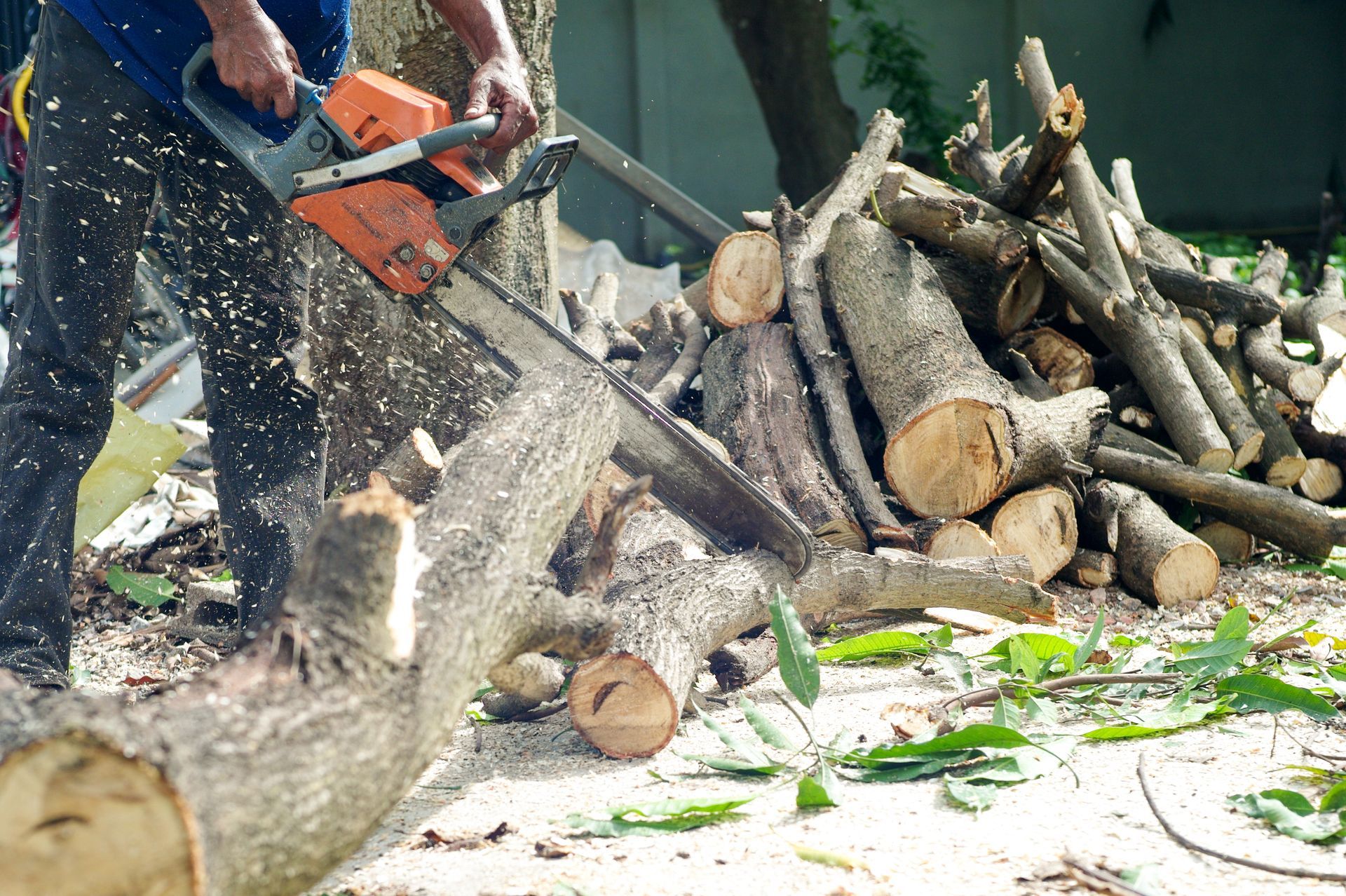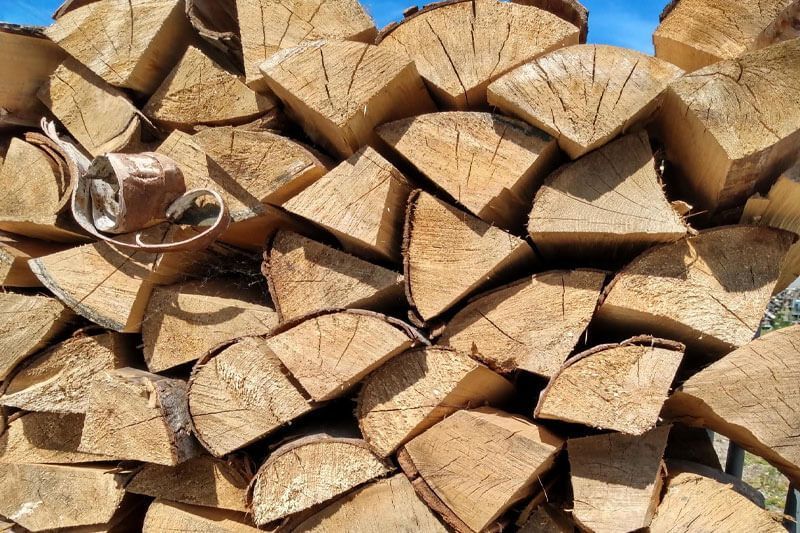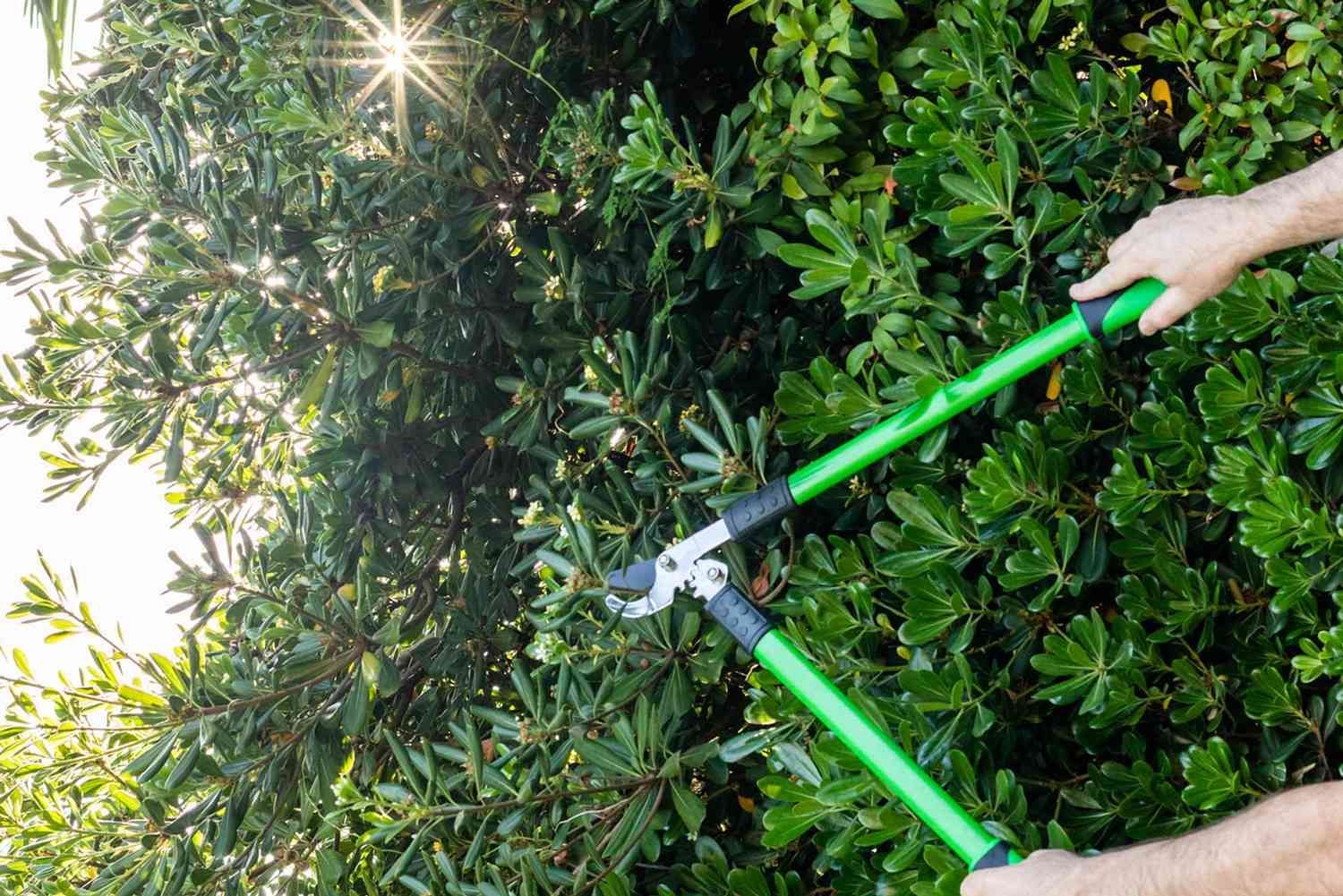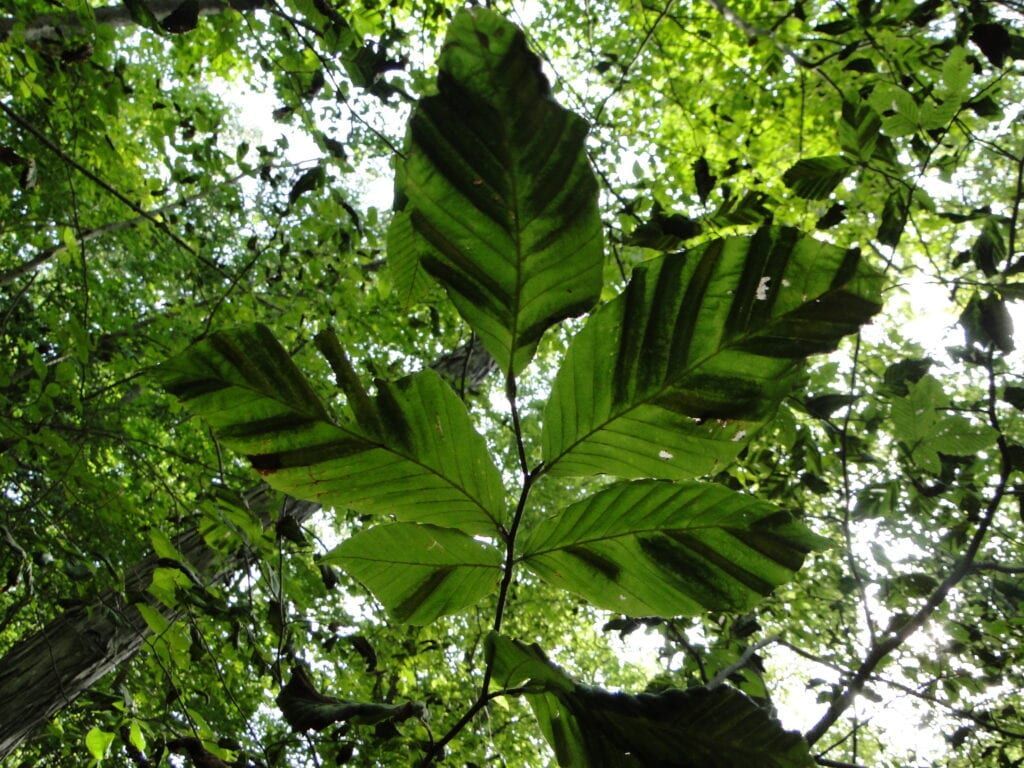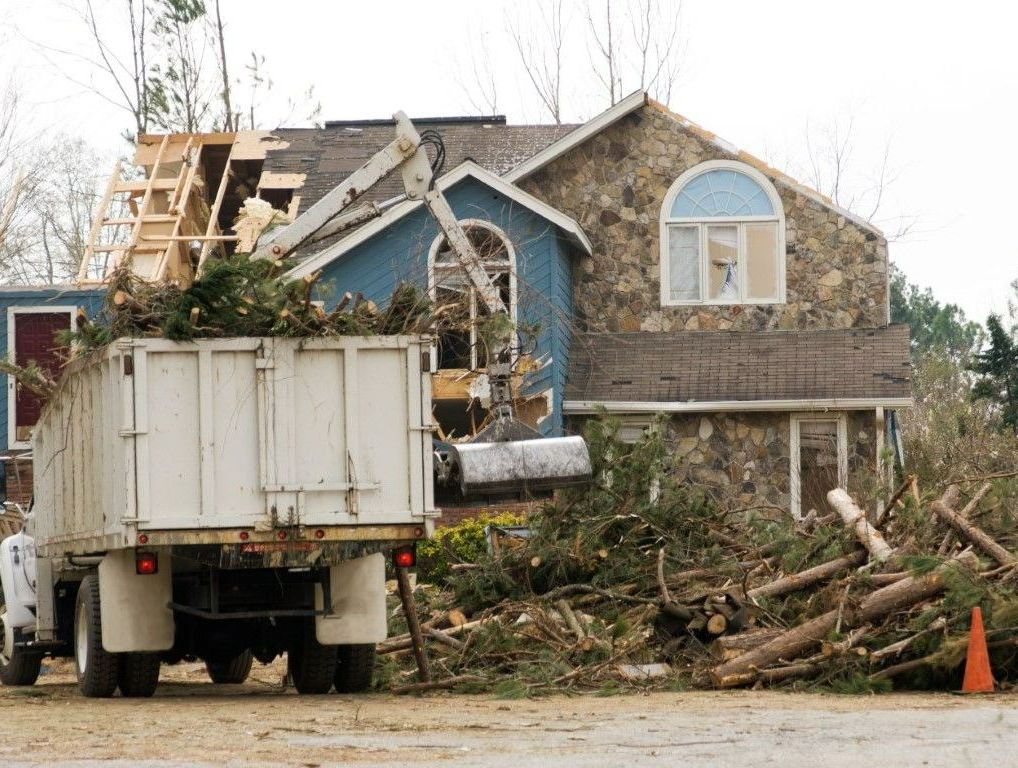How Do You get Rid of Tree Pests?
Managing Garden Pests: Strategies for a Thriving Garden
Maintaining a vibrant garden involves vigilant pest management to protect your trees and plants. These pests can cause considerable harm if not addressed promptly. In this guide, we'll explore various methods for effectively managing garden pests to ensure your garden remains healthy and flourishing.
1. Identify the Pest
The initial step in pest management is accurately identifying the pest species. Different pests require different control methods, so it's essential to understand the specific pest you're dealing with. Look for signs of infestation, such as damaged leaves, webs, or visible insects.
2. Encourage Natural Predators
Promoting natural predators of garden pests can help control their populations. Ladybugs, lacewings, and predatory mites are beneficial insects that feed on common garden pests like aphids and mites. Planting flowers that attract these predators can help keep pest numbers in check.
3. Utilize Neem Oil
Neem oil serves as a natural insecticide effective against a wide range of garden pests. It disrupts the insect's hormonal balance, inhibiting feeding and reproduction. Neem oil is safe for most plants and provides an environmentally friendly alternative to chemical pesticides.
4. Consider Horticultural Oils
Horticultural oils can smother pests by blocking their airways, effectively reducing their populations. These oils are safe for most trees and can be particularly effective against scale insects and aphids.
5. Try Insecticidal Soaps
Insecticidal soaps work by breaking down the outer layer of the insect's body, leading to dehydration and death. These soaps are safe for most plants and can be an effective option for controlling pests like spider mites and aphids.
6. Practice Proper Garden Maintenance
Removing dead or diseased branches promptly can help prevent pest infestations. Keeping your garden clean and free of debris can also reduce the likelihood of pests taking hold. Avoid over-fertilizing, as this can attract pests like aphids.
7. Use Chemical Treatments Wisely
If natural methods are ineffective, chemical treatments may be necessary. However, it's important to use these treatments sparingly and according to the manufacturer's instructions to minimize harm to beneficial insects and the environment.
Effectively managing garden pests is essential for maintaining a healthy and thriving garden. Whether you choose natural predators, organic treatments, or chemical solutions, taking action to control pests can help protect your garden and ensure its continued health and vibrancy. If you're unsure how to proceed, consider seeking advice from
Shady Shelton Tree Service.
